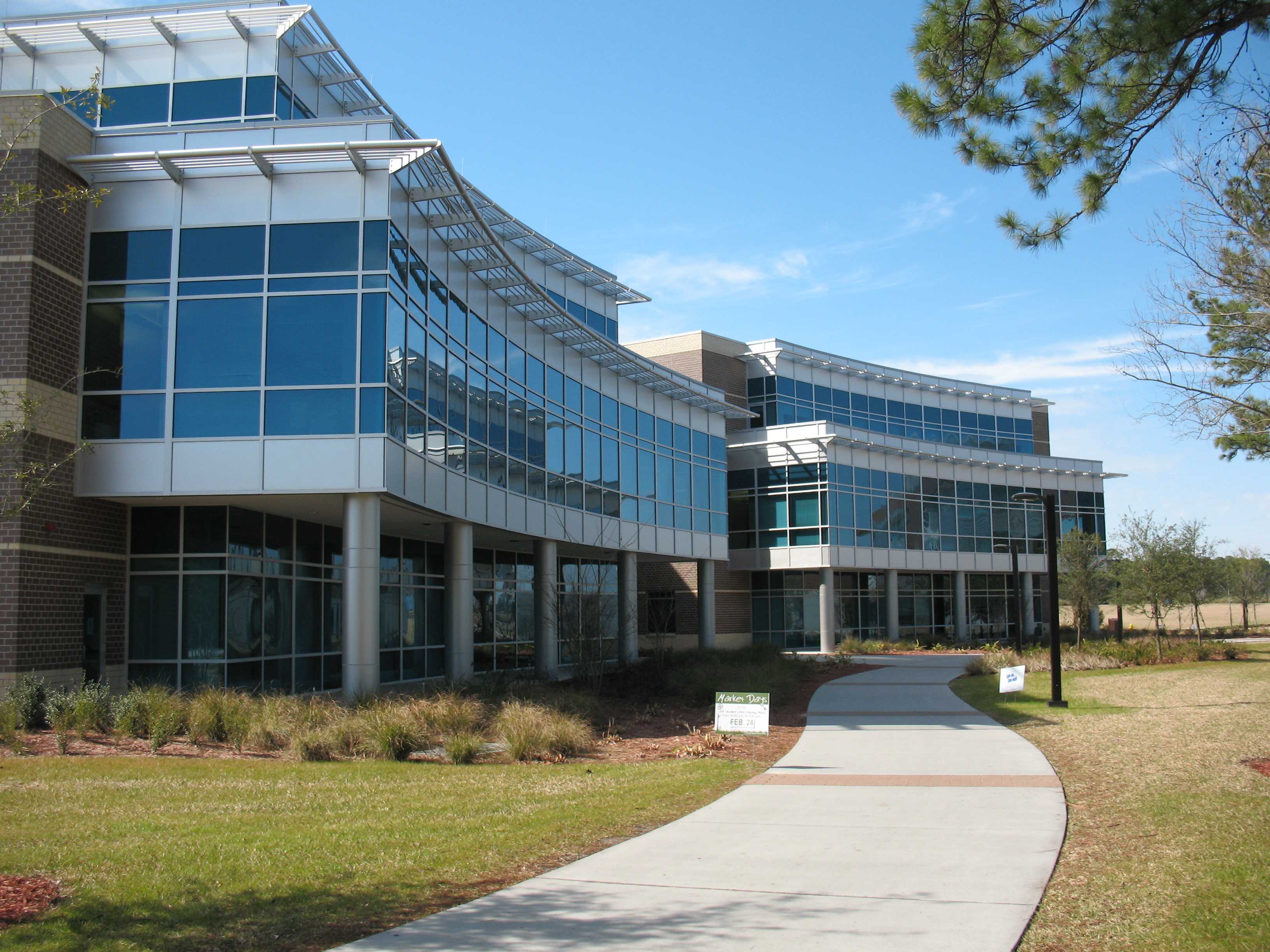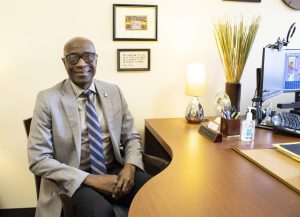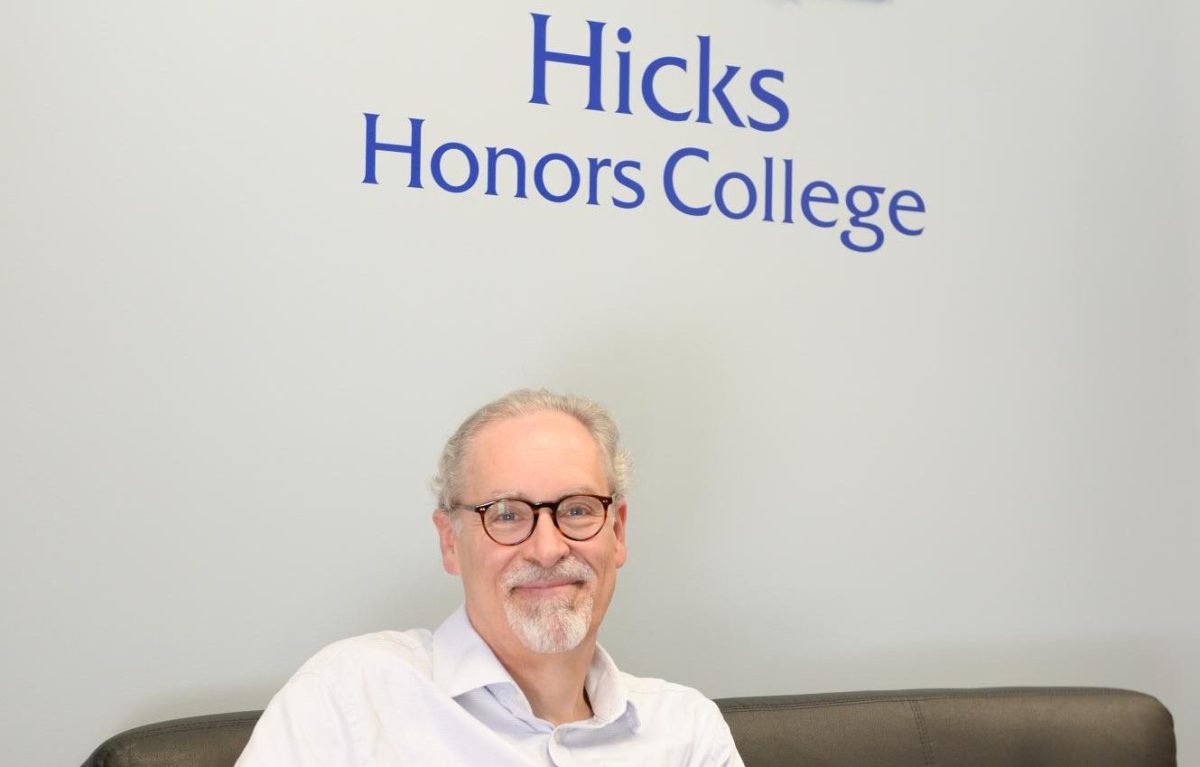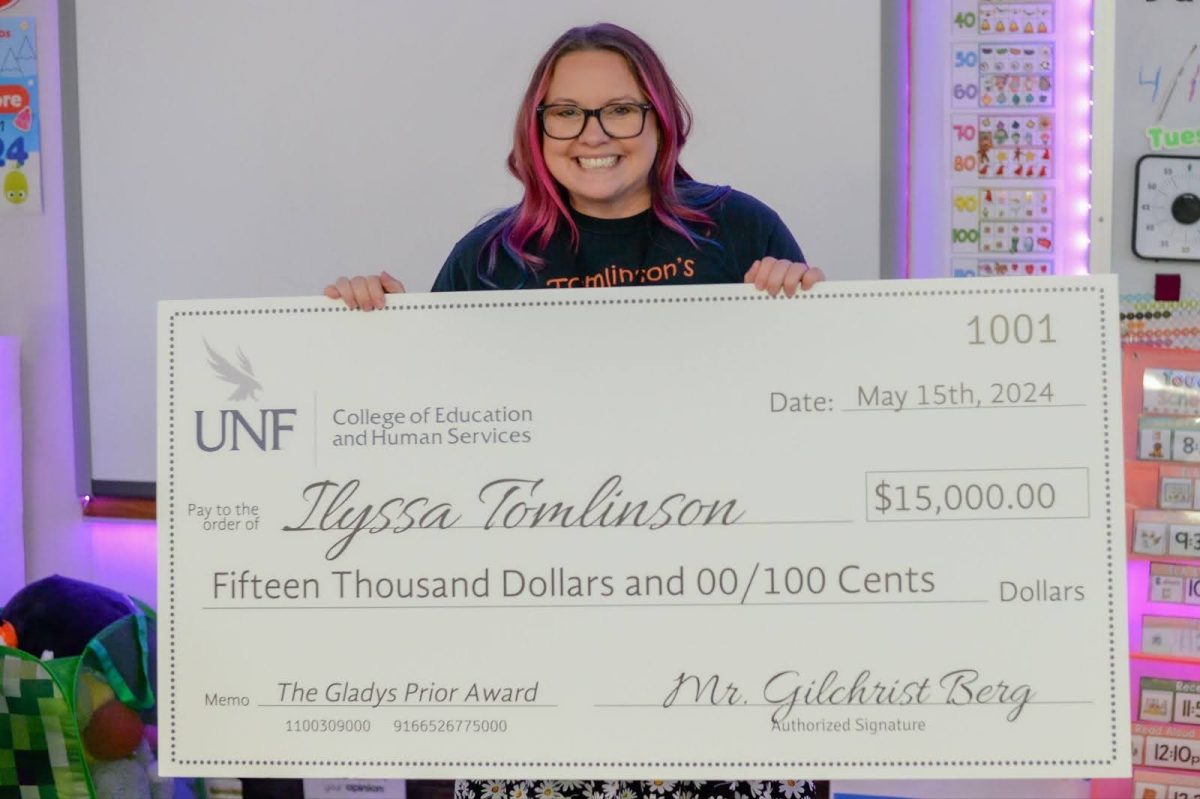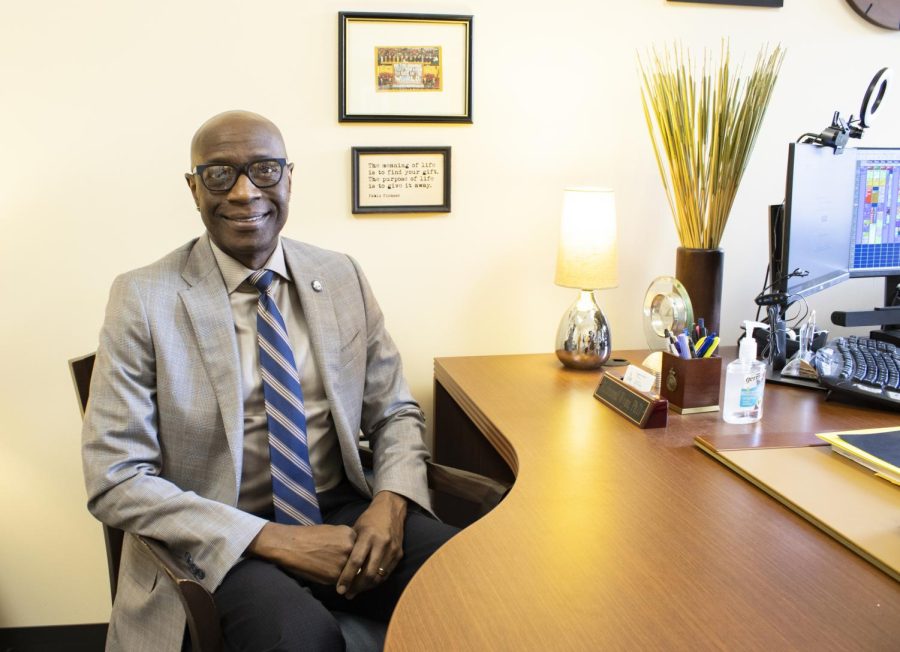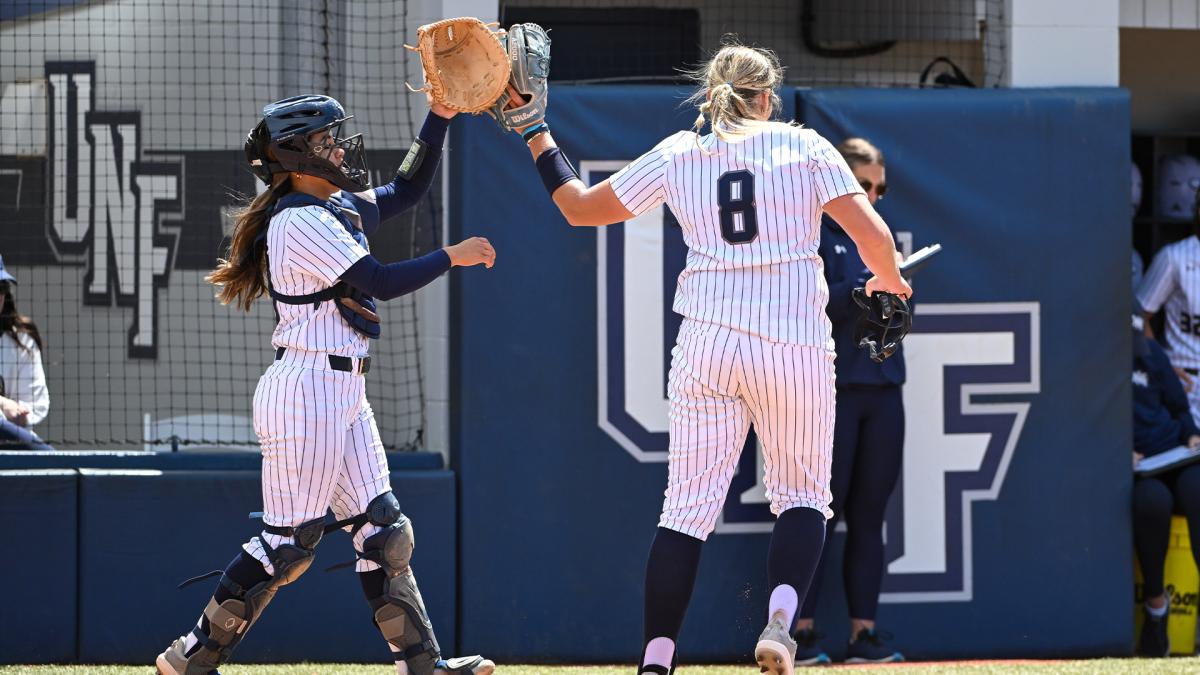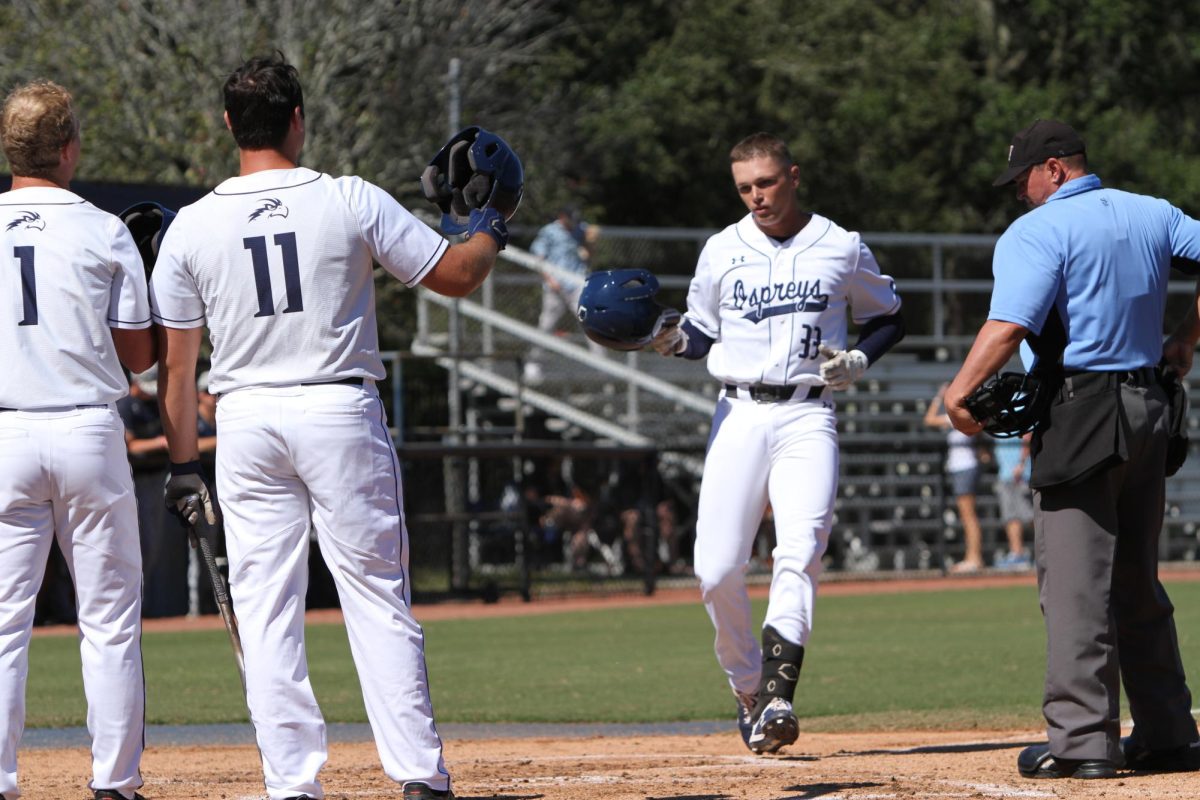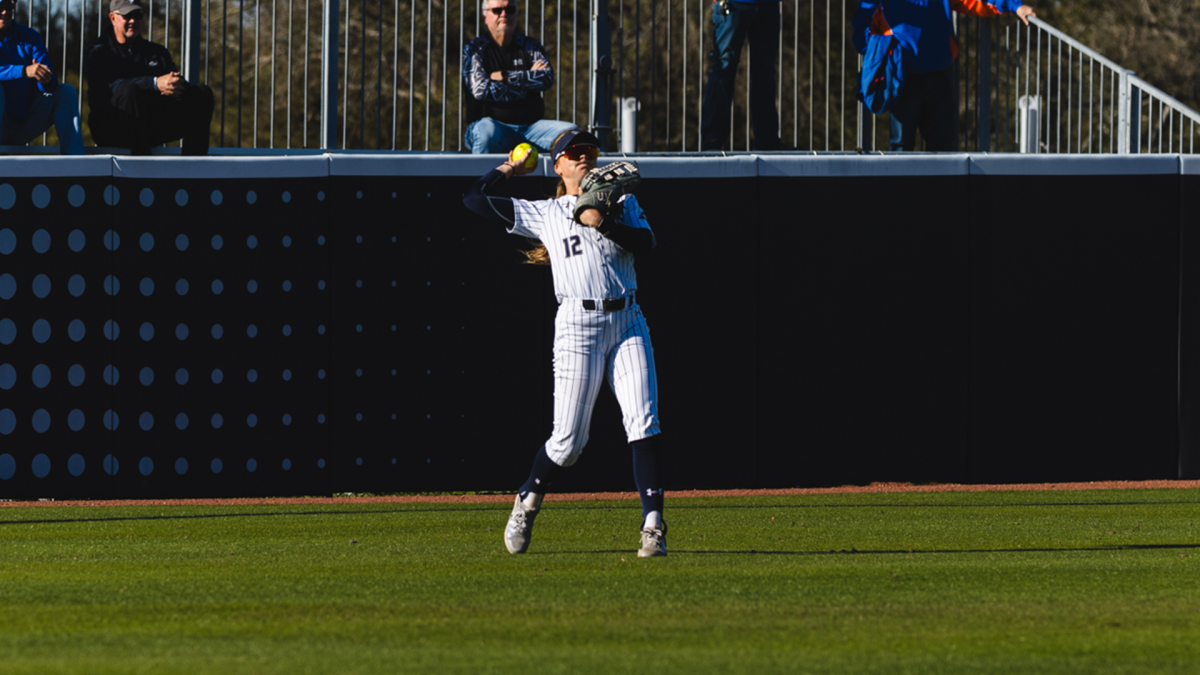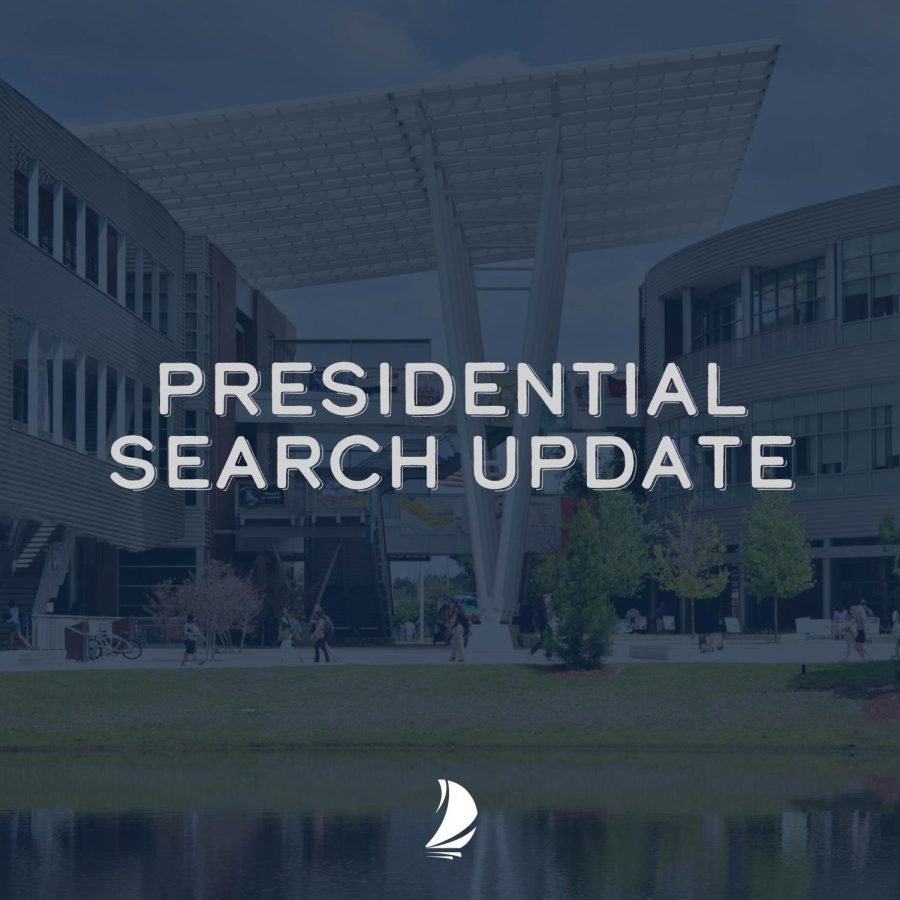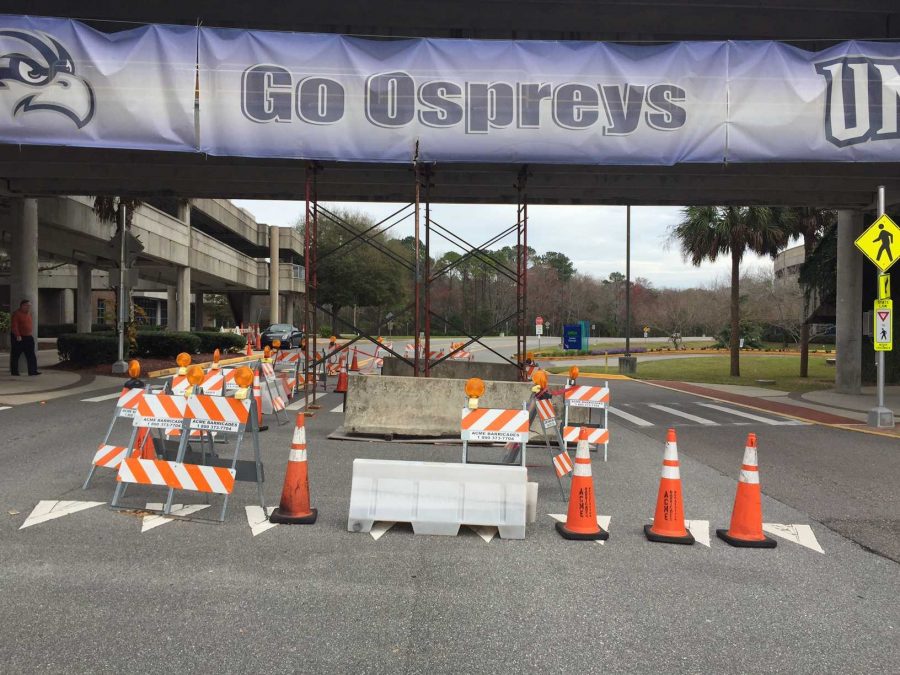Higher education, bankruptcies and what UNF students can do about it
By: Katie Gile
The number of people with upper level college degrees filing for bankruptcy increased in the United States, according to the 2010 Annual Consumer Bankruptcy Demographics Report.
The Institute of Financial Literacy created the report, which examined the past five years. Of the people filing for bankruptcy in the United States, the number of those who earned a bachelor’s degree rose 2.4 percent, while the number with a graduate school degree rose 1.8 percent.
The IFL, a nonprofit dedicated to presenting neutral information to the public compare the number of people filing for bankruptcy with demographic information collected by the U.S. Census.
Gary Thayer, a communications specialist from the IFL, said more graduates are bankrupt not just because of the troubled economy, but simply because there are more graduates.
“This is the most heavily educated group of people in our country’s history,” Thayer said. “More people have more education than they ever have before.”
But because the number of jobs available hasn’t increased proportionately with the number of people receiving their degrees, not everyone can get the jobs they want, he said.
“Florida was hit really hard because Florida’s economy is very real estate heavy. Real estate was hit the hardest,” Thayer said. “Now, someone who was going to retire chose not to and they have to work for 5-10 years longer. So the next person who was going to move up can’t get that promotion.”
Florida is fifth in the country with 10.7 percent unemployed.
“It’s not like we had a lot of jobs and we lost a lot of mechanics, plumbers or electricians,” said Dr. Paul Mason, chair of the economics and geography department at UNF. “But there were a lot of professional jobs that were lost,” he said.
The top reason people file for bankruptcy is overextension of their credit, according to the IFL’s report.
Store credit cards, poor money management and student loans feed into this overextended credit.
While nearly all other forms of debt are called off in bankruptcy, student loans are an “unforgivable debt,” Thayer said. Federal bankruptcy law requires student loans to be paid off, regardless of bankruptcy declaration.
Still, student loan debt and student bankruptcies aren’t necessarily a cause-and-effect scenario.
“It’s all speculation at our end. People who graduated college are holding the same jobs as people who chose not to attend. But the people who didn’t attend don’t have student loans to pay off and are more able to pay their bills,” Thayer said.
To fix this bankruptcy and debt issue, Thayer said there is no singular answer.
“People need to educate themselves,” he said. “They need to equip themselves with the information to make sound financial decisions. Don’t let your mom and dad think about it. Don’t let your school think about it. It’s you that’s going to be paying it.”
While some students feel the pressure of mountainous debt, they don’t see an alternative to attending graduate school.
“I work in a corporate environment, and it’s the thing to do in order to get paid,” said Joe Short, a UNF graduate student in the MBA program.
Shante Dawston, a UNF graduate student in the masters of accountancy program, is keeping a close eye on her loan debt.
“If I had to take out a lot for undergrad on top of grad school, then I’d think twice about going to grad school,” Dawston said.
Thayer uses a basic means for calculating how much of a loan a student should use.
“Your student loan debt at graduation should be equal to the salary of the job you’ll have,” he said.
Dawston offered some additional advice for those deciding whether or not to attend graduate school.
“Look into the field you want, and see if [graduate school] is an absolute necessity,” Dawston said. “You can go and get an entry-level job and get some experience. Then, if you went back, your company might help you pay for it.”
With Career Services on campus and CareerWings available online, students have an advantage if they choose to use it, Mason said.
Students should also take every internship opportunity that comes their way. It’s a great way to get experience and meet important people, he said.
“Who you know is very important,” Mason said. “Students need to network. Once you get in the door of a company, you may have better prospects of getting a good job than someone on the outside.”


